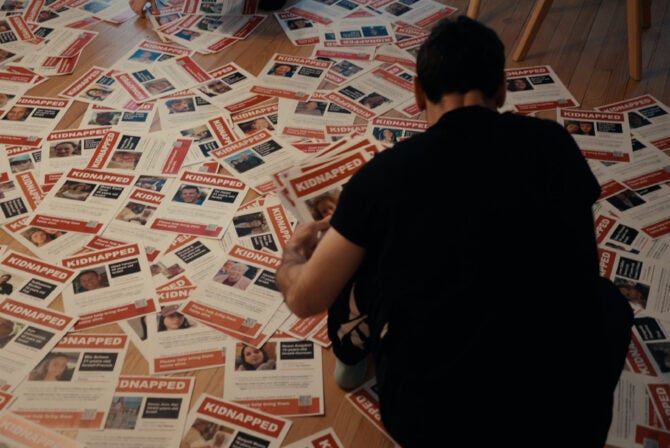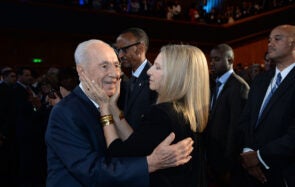Consent is one of those things in life that everyone needs to learn, but somehow, it seems one of the hardest things to actually teach. While it’s easy to simplify the problem and say it’s as simple as teaching your kid that “no means no,” we all know it’s never actually that simple–or nothing bad would ever happen.
There are a lot of gray areas when it comes to consent and sexual assault–which need to be defined if we want to actually address the problems with how we talk about consent. Well, now there’s help with that, thanks to a new sex education video series aimed at 10- to 14-year-olds. The videos are meant to engage the conversation around consent and sexual assault. Add honestly, I think adults should watch it, too.
The video series, called Amaze, comes to you thanks to a collaboration with the sexuality education organization Answer, Advocates for Youth, and Youth Tech Health. So far, the series has been praised for its inclusivity of LGBTQ communities.
The series of short animated videos uses the tagline “More Info. Less Weird,” which I personally love–because we’re past the age where talking about sexuality should be taboo. We’re in a time where we need to talk about the complexities of gender identity and sexual orientation, for instance, before your teen gets misinformation–or worse, feels isolated.
Their latest video tackles consent in two minutes, which is awesome (and really hard to do!). What the video does well is point out that just because a person consents to one kind of sexual activity does not mean that they have consented to another kind.
Watch here:
Lucinda Holt, a sexual health expert and content manager for AMAZE.org, told The Huffington Post why this was a crucial element to add:
“It seems that there is serious confusion about what consent is and why it is so important, and this leads to terrible outcomes. That’s why we must do more to equip our sons and daughters with the knowledge and tools to communicate their desires, boundaries and expectations. And we must teach them to respect the boundaries of others.
There’s a clear payoff to open, honest and frequent dialogue about sex. Young people need access to factual, age-appropriate information that covers the questions they actually have. Otherwise, they’ll be left with misinformation from unreliable sources.”
I wish these kinds of resources were available when I was growing up as an early teen. As someone who identities as queer (and has experienced sexual assault), I can say without a doubt that I would have felt less alone coming out to my friends and family–and understanding my own sexuality.
Of course, this is also not to mention I would have been far less confused about navigating sex and consent in college–which is also something I tried to teach my high school students when I was a teacher–because I don’t want anyone experiencing what I did. We owe our kids more than that.
While you’re at it, don’t miss Amaze’s video on gender expression:







